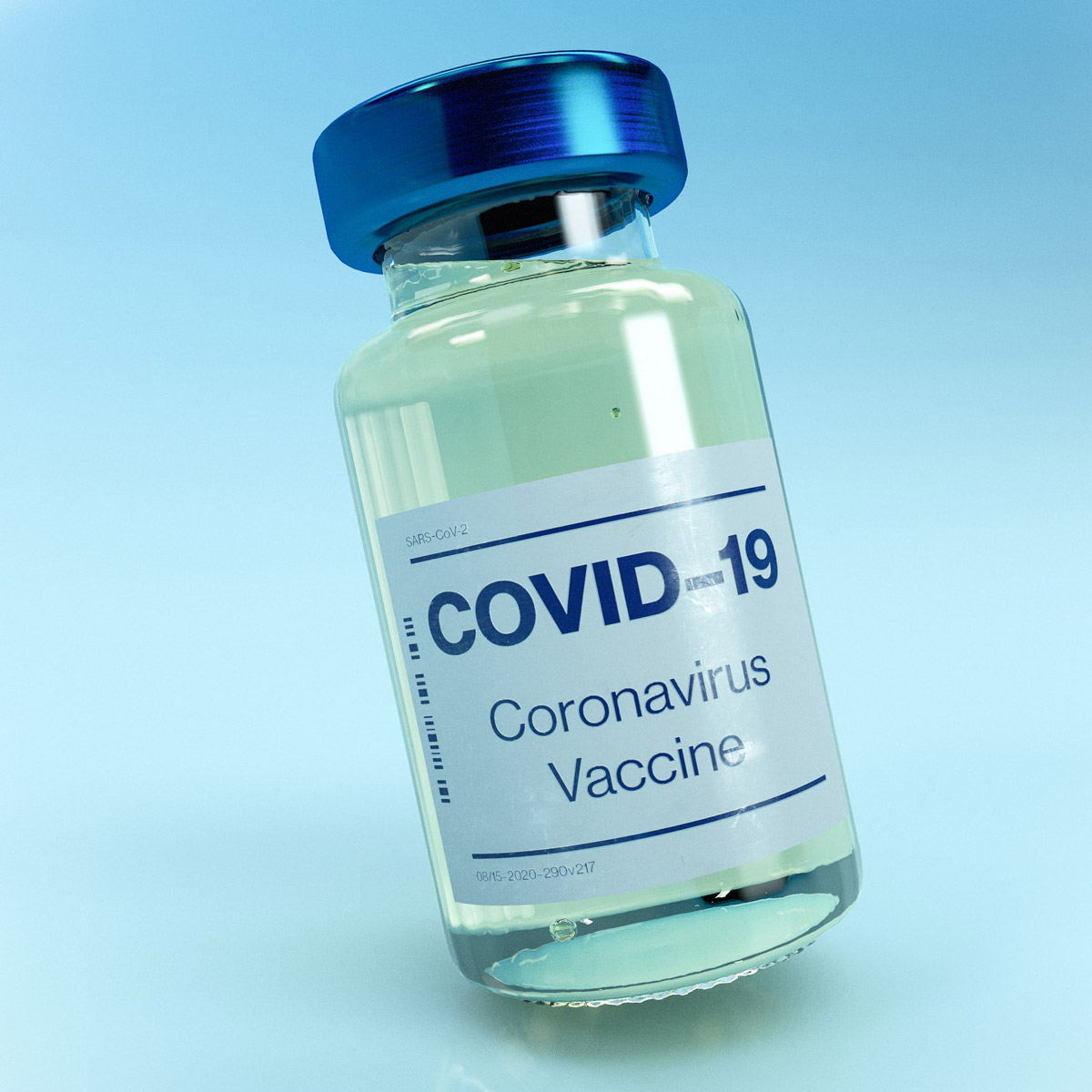

Joint Statement
The first COVID-19 vaccines for First Nations communities will be available starting Dec. 28 – six weeks earlier than originally anticipated.
The BC Vaccine Operations Centre has also approved a proposal from the First Nations Health Authority (FNHA) to adopt a “whole community" approach in which everyone age 18 and over will be offered immunization. This approach is based on feedback from First Nations Chiefs and other leaders gathered by the First Nations Health Council (FNHC), First Nations Health Directors Association (FNHDA) and the FNHA.
The FNHA, FNHC and FNHDA welcome this decision. Providing vaccines in a timely and effective way to First Nations communities is an important step towards protecting individuals, families and communities.
The first communities
The first vaccines will be administered in 10 rural and remote First Nations communities - mostly in northern BC. These communities have little access to regional health care services if someone were to become seriously ill. They are also considered a high-risk environment if any members become infected with the COVID-19 virus. The 10 communities were selected because – in addition to being remote – they have 24/7 primary care available throughout the holidays that will allow staff to prepare for the immunization program. They also have nursing staff who are qualified immunizers as well as existing infrastructure to accept and distribute the vaccines and meet the necessary storage requirements.
The vaccine
The Moderna vaccine, approved by Health Canada today, will be used for this rollout. The Moderna vaccine is more suitable for use in remote regions than the Pfizer-BioNTech vaccine since it does not require ultra-cold storage, has a longer fridge life, and does not need to be diluted for administration, as does the Pfizer vaccine. The Moderna vaccine can be stored at -20 degrees Centigrade long-term or at two to eight degrees for 30 days. Like the Pfizer-BioNTech vaccine approved two weeks ago, the Moderna vaccine requires a two-dose schedule, with the second dose administered 21-35 days after the first.
The whole community approach
When sequencing the delivery of the initial, limited quantities of COVID-19 vaccine, priority will generally be given to older adults as they are at the greatest risk if they contract the virus. However, a series of practical and ethical considerations suggest it is better to send vaccines to the entire adult population of small, remote First Nations communities, rather than only to the Elders.
Next steps
The next phase of vaccine rollout will continue to give priority to rural and remote First Nations communities and communities that have already experienced larger numbers of COVID-19 cases. The FNHA, FNHC and FNHDA will continue to work with regional health authority partners to advance approaches that include urban and away-from-home (i.e., off-reserve) members and with regional teams and First Nations leaders to identify the next set of communities for priority implementation.
COVID-19 vaccines will save lives
Reduced access to stable housing, income, clean water and/or health and social services place many Indigenous peoples at a higher risk of COVID-19 than the rest of the population. The COVID-19 vaccine is one way that Indigenous peoples can protect themselves from this virus and build “community immunity."
We recognize that some Indigenous people lack trust in the medical system. However, it is important to note that vaccine trials go through rigorous, well-established ethical processes, including trials involving thousands of volunteers in all adult age groups and of many ethnic backgrounds.
Vaccines are safe, effective and they will save lives.
The FNHA, FNHC and FNHDA join our organizations' medical leaders in strongly recommending that Indigenous people opt to be vaccinated for COVID-19 as soon as vaccines are offered.
Our organizations are working to make sure the vaccine can be accessed as soon as possible and will provide regular updates on this rapidly changing situation. Meanwhile, please remember that we will need to continue to practice all the recommended public health measures to stay safe, even after receiving the vaccine.
See the FNHA website for more information about the COVID-19 vaccine and this article from the CBC on Health's Canada's approval of the Moderna vaccine.

